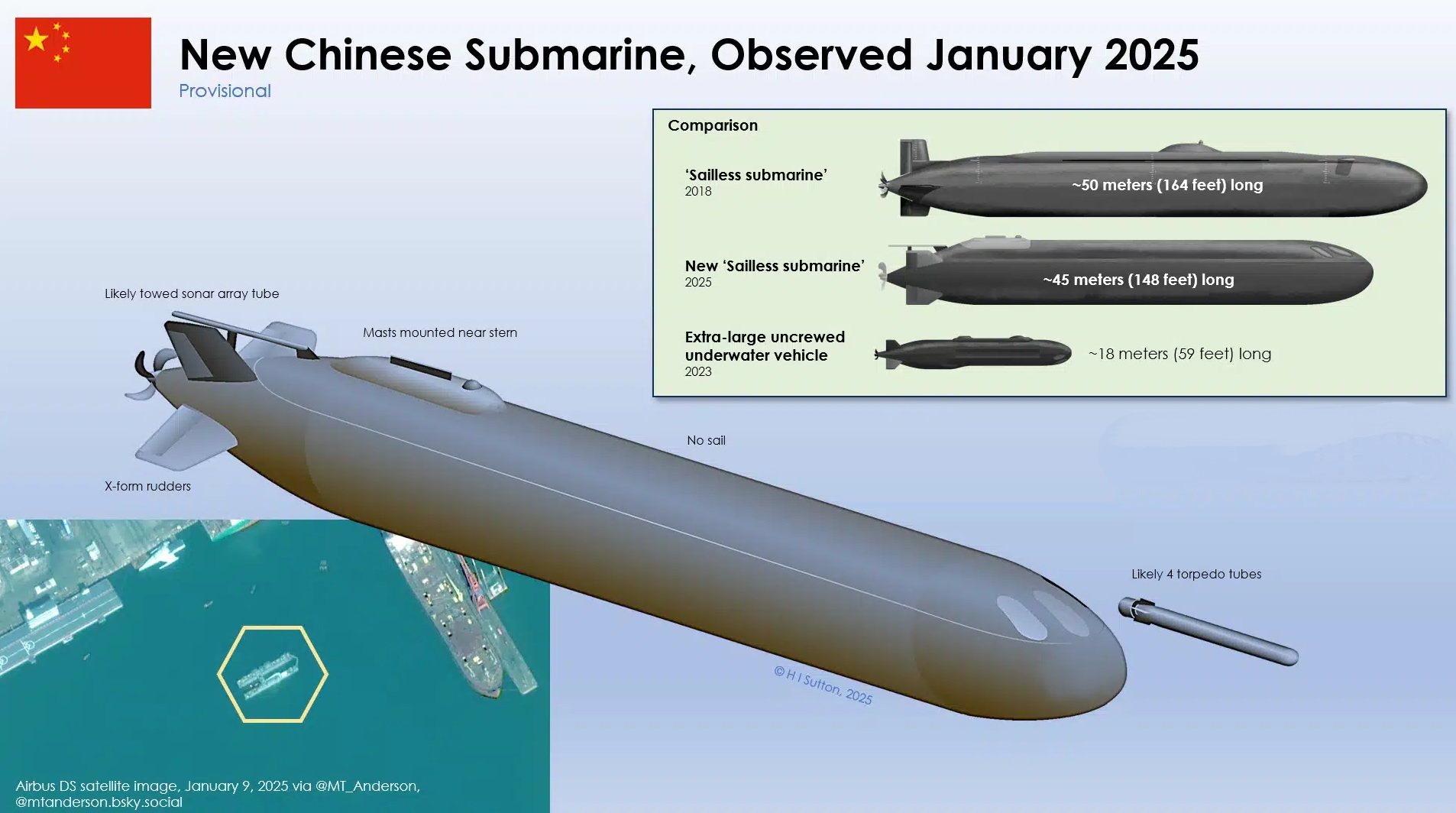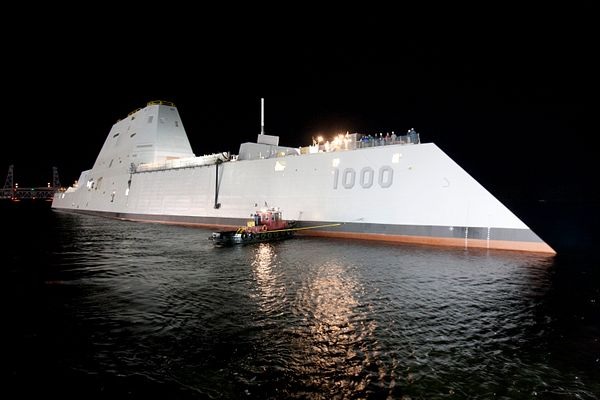India’s Dry Kaveri Engine: Poised for Russian Flight Trials in 2025

In a groundbreaking development for India’s aerospace ambitions, the Gas Turbine Research Establishment (GTRE) is gearing up to receive a newly developed variant of the Kaveri engine, known as the ‘Dry Kaveri,’ by February 2024. This engine, produced by Godrej Aerospace, is set to undergo rigorous flight trials aboard Russia’s IL-76 aircraft at the Gromov Flight Research Institute (GFRI) in Moscow by 2025, marking a pivotal step in its eventual deployment in the Ghataak Unmanned Combat Aerial Vehicle (UCAV) program.
Engine Specifications and Evolution
The Dry Kaveri engine is a derivative of the original Kaveri engine developed under India’s Light Combat Aircraft (LCA) program. Unlike its predecessor, which included an afterburner for high thrust, the Dry Kaveri is tailored to deliver 48 kN of thrust without an afterburner. This simplified configuration is ideal for unmanned platforms like the Ghataak UCAV, where reduced weight and complexity are crucial.
Godrej Aerospace, a key player in India’s advanced manufacturing sector, was awarded the contract in September 2022 to produce eight modules of the Dry Kaveri engine. The company has since leveraged its expertise in precision aerospace engineering to bring this project to fruition, further underscoring India’s growing capabilities in indigenous defense technology.
The Road to Certification
Before heading to Russia, the Dry Kaveri engine will undergo extensive ground testing in India to validate its core performance parameters. Once cleared, it will be transported to Moscow for integration into the IL-76 aircraft. Known for its versatility and reliability, the IL-76 serves as an ideal flying testbed for evaluating high-altitude performance and other critical flight conditions.
During these trials, one of the IL-76’s engines will be replaced with the Dry Kaveri, allowing for direct comparisons in operational performance. This approach will not only assess the engine’s reliability and endurance but also provide essential data on its compatibility with existing systems—a vital step toward its eventual deployment in the Ghataak program.
Strategic Implications and Future Prospects
If the Dry Kaveri clears its flight trials, it will represent a monumental achievement in India’s pursuit of self-reliance in aero-engine technology. The insights gained from these tests will help refine the engine, ensuring it meets the demanding requirements of modern combat scenarios.
Moreover, a successful trial could open doors for larger-scale production and potential export opportunities, showcasing India’s capability to develop high-performance aerospace engines. With the Ghataak UCAV program relying heavily on this indigenous propulsion system, the Dry Kaveri’s success could redefine India’s position in the global defense market.
As India continues to break new ground in defense technology, the Dry Kaveri project stands as a testament to the country’s determination to achieve self-sufficiency in critical aerospace systems. By 2025, the flight trials in Russia could mark the beginning of a new era for India’s indigenous aerospace industry.



